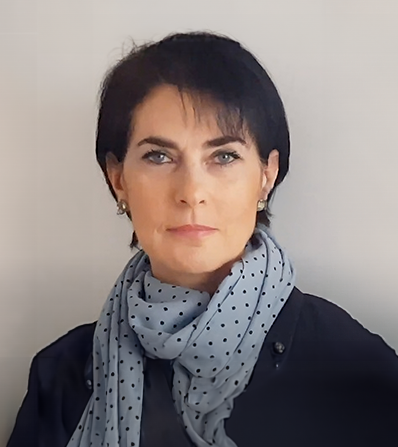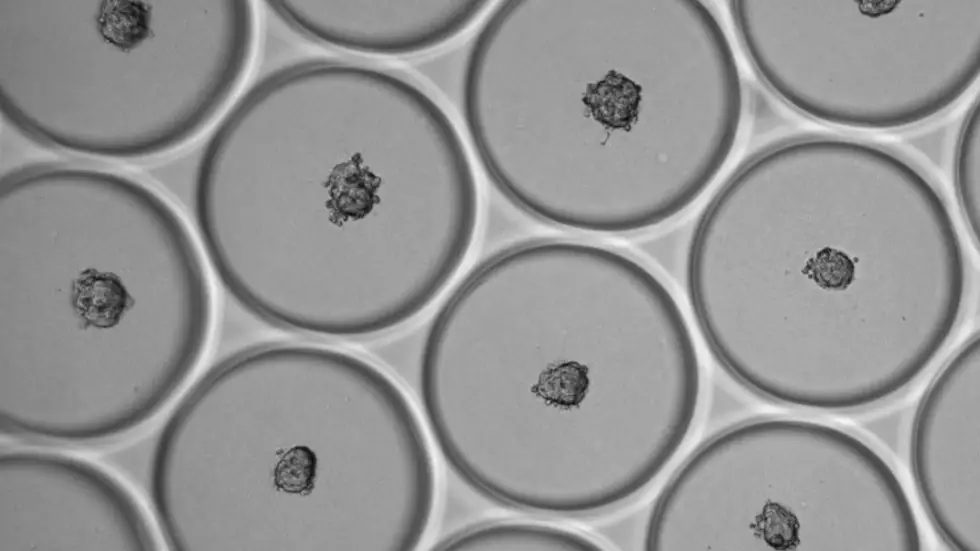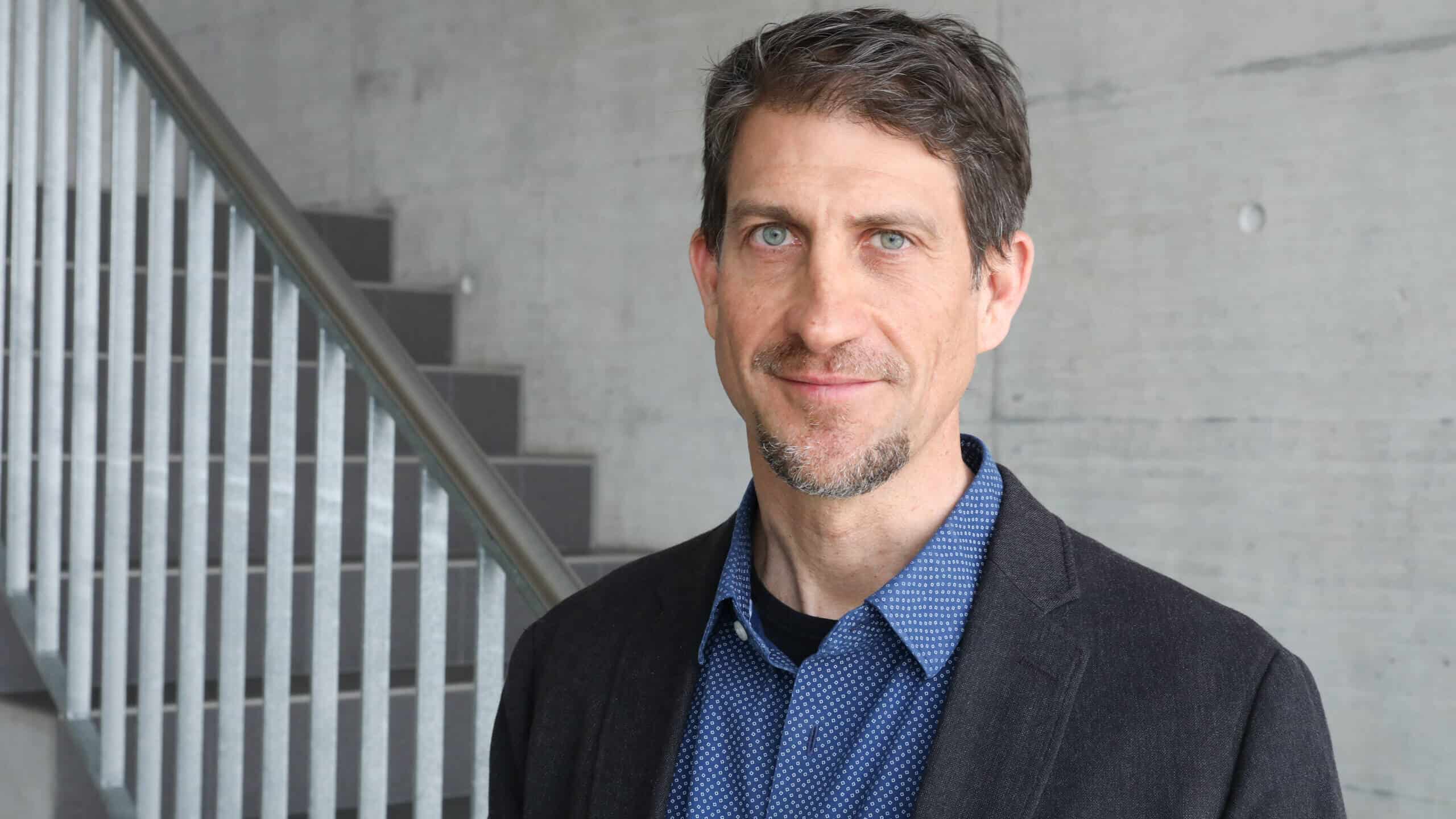Professor Francine Behar-Cohen is a key opinion leader in the field of eye care. In this interview, she talks about how startup EarlySight’s medical device that can spot eye diseases much earlier than conventional methods will enable novel treatments.

Co-founder, EarlySight
Professor Francine Behar-Cohen is a full professor at the University of Paris Cité and has received awards for her research, including the Inserm innovation Prize in 2021. She has been Medical Director and Chairwoman of the Jules Gonin Eye Hospital in Lausanne and is a co-founder of startups Eyevensys and EarlySight. Verve Ventures invested in EarlySight’s Seed round in 2021.
How did you become interested in eye medicine?
I was fascinated by medical research from a young age. My career spans medical practice and research and I’m happy with it. Saving someone’s vision is a very rewarding task. Blindness is one of the most frightful handicaps, it isolates the patient completely from the world. The retina, the layer of tissue at the back end of the eye that creates our vision of the world, is a very delicate part of the central nervous system. It is constantly exposed, it ages, and it can’t be repaired.
Are there ways to prevent eye diseases as we get older?
As a general precaution, we should protect our eyes when we can, for example from too much sunlight but also from artificial light particularly at night. Some eye diseases are linked to nutrition. Diabetic retinopathy is linked to poorly controlled blood sugar. Vitamin A is an antioxidant that is important for vision. However, in the Western world, vitamin A deficiency is rare. Some eye diseases seem to be linked to genetic factors, others to viral infections. Even drugs prescribed for seemingly unrelated maladies can have a negative impact on vision. There is still a lot of research to be done to analyze such interactions.
How has the diagnosis of eye diseases changed during your career?
It is not an exaggeration to say that diagnostic methods in eyecare have undergone a revolution. The quality of imaging devices has improved drastically. This allows us to see the different parts of the eye better. The challenge that remains is to make sense of what exactly we see. This is why we still need a lot of improvement in the quality of image analysis software.
EPFL spin-off EarlySight has developed Cellularis, an advanced eye camera. What does it do?
The retina is composed of different layers of cells. The deepest layer is called the retinal pigment epithelium. This layer is often affected first by eye diseases, for instance, age-related macular degeneration. Today, it is a black box. There is no tool to see exactly what is going on in this layer. Cellularis changes this and allows us to detect the onset of eye diseases much earlier.
How does it work?
EarlySight’s co-founders Timothé Laforest and Mathieu Künzi came up with the idea of applying a concept used in astronomy called adaptive optics and associate it to lateral transscleral illumination. Thus, we’re able to recover much more information. Timothé and Mathieu are very ingenious. We worked together on imagining how we could, for the first time allow the light, required for the examination of the retina enter through the white opaque envelope of the eye and not through the cornea like in all the other imaging instruments. But this was very unusual and many adjustments and tests were required. It is not surprising that they came up with this solution at EPFL in Prof. Christophe Moser’s lab. There is a long tradition of building machines in Switzerland. Engineers don’t content themselves with just calculations, they want to build and tinker. Such manual work isn’t considered lowly, quite the contrary. It is highly valued.

The deep-tech VC of choice for entrepreneurial investors
Since 2010, we have invested in 180 European deep tech companies based on topical experience. With a highly skilled team of investment professionals, we back outstanding entrepreneurs driving growth in key industries. Verve is the pioneer of deep tech in Europe.
How do you contribute to the success of EarlySight?
I have worked with the founders on the imaging part and brought my experience in histology [the science of tissue structure and characteristic changes also called microscopic anatomy] to the table. As a practitioner, I know what the expectations of ophthalmologists are in terms of images as well as the ergonomics of a diagnostic device. Finally, as a board member, I am also involved in fundraising.
The Cellularis machine has received a CE mark and is already being sold to researchers. What happens now?
Cellularis allows seeing details that weren’t observable before. What we need now is to help doctors acquire the images, prove that these images allow practitioners to diagnose diseases early. This is why the images collected in the first centers are analyzed by the company which is developing artificial intelligence solutions to support clinicians in diagnosis. Clinical trials are underway now and some pilot data is already available. Once this is done, several applications become possible. Pharma companies are developing preventative treatments for eye diseases. But now, they don’t know how to identify the patients that would benefit most from such treatments. This is where Cellularis could help. Another major step will be to seek FDA approval to gain access to the very big US market. For the big players in medical imaging, EarlySight has a very interesting technology that could be combined with already existing methods.
Is eye care an attractive market?
Investors are scared. There were a lot of failures, treatments that showed side effects, and other things that cost investors hundreds of millions. Ophthalmology is already a field that attracts much less capital than biotech. Many startups failed simply because they couldn’t raise more funds for their development. But EarlySight’s story is different. Timothé and Mathieu aren’t salesmen who just talk a lot; they deliver. The team is tiny, they raised little money, encountered a lot of challenges and yet we have a working device on the market that sells. Everything is in place to make it a success, and the exit potential is certainly there. What we have to do now is to make Cellularis known in the community. I am constantly talking about it at specialist conferences, and the feedback is very positive.
Written by
WITH US, YOU CANCO-INVEST IN DEEP TECH STARTUPS

Verve's investor network
With annual investments of EUR 60-70 mio, we belong to the top 10% most active startup investors in Europe. We therefore get you into competitive financing rounds alongside other world-class venture capital funds.
We empower you to build your individual portfolio.
More News
31.01.2024
The algorithm says: no muesli for you in the morning
Some people believe that the best way to treat a disease is by swallowing a pill. Digital therapeutics propose an alternative. Startup Perfood gives patients precise personalized recommendations on what food to avoid and how to eat to alleviate migraine and diabetes.
06.11.2023
“My goal is to take biology to the next level”
In this interview, Orakl Oncology CEO Dr Fanny Jaulin tells how her techbio startup is spearheading a revolution that will bring data science to biology for more precise effective cancer treatments.
22.03.2021
Christophe Moser,
an entrepreneur turned
Professor
An accomplished entrepreneur himself, Christophe Moser is now busy teaching science and engineering at EPFL and helps the next generation of startups such as EarlySight to get off the ground.
Startups,Innovation andVenture Capital
Sign up to receive our regular newsletter and learn about investing in technologies that are changing the world.




